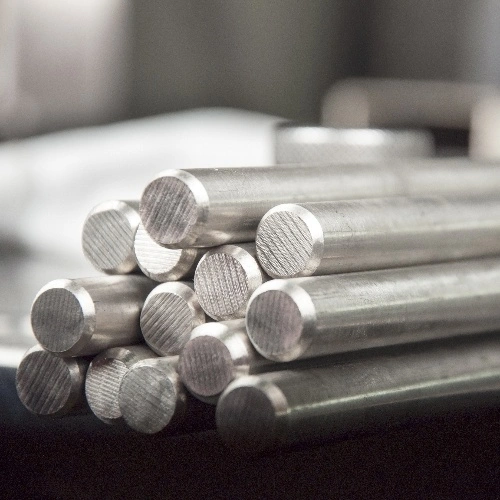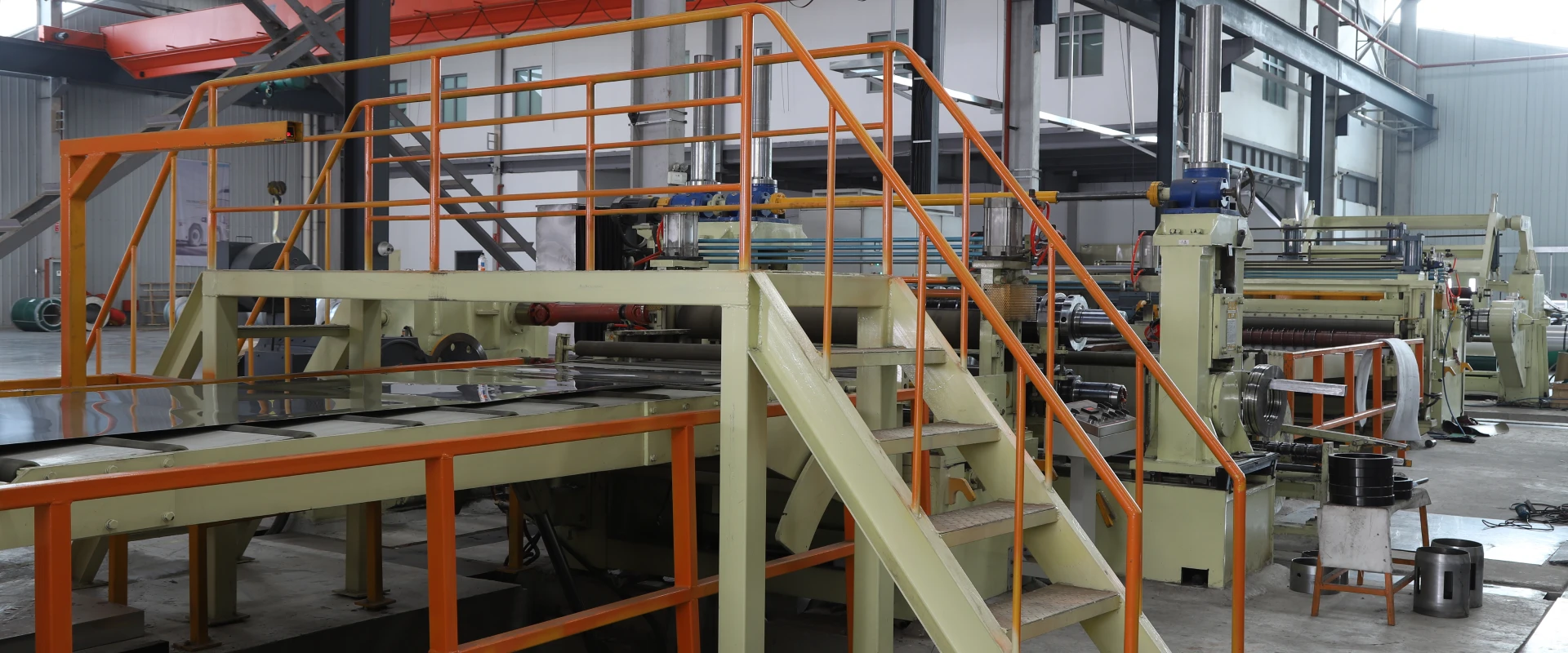10 Key Points to Consider When Buying Titanium: A Comprehensive Guide
Titanium is one of the most versatile and durable metals, widely used across industries like aerospace, medical, automotive, and industrial applications. However, buying titanium can be complex due to its variety of grades, alloys, and unique properties. To ensure you choose the right material for your project, it’s important to consider several key factors. This guide will walk you through 10 essential points to help you make an informed purchase decision.

Understanding Titanium Grades and Alloys
Titanium comes in a range of grades and alloys, each designed for specific applications. The most common grades include:
Grade 1: Pure titanium with excellent corrosion resistance and low strength, ideal for chemical applications.
Grade 2: Offers a good balance of strength and corrosion resistance, commonly used in industrial applications.
Grade 5 (Ti-6Al-4V): A stronger alloy with a high strength-to-weight ratio, used in aerospace and high-performance applications.
Grade 23: Known for its high strength and biocompatibility, often used in medical devices.
Each grade has distinct properties that affect its suitability for your needs. Choose the grade based on the required strength, corrosion resistance, and cost-effectiveness for your project.
Assessing Your Project’s Specific Requirements
When purchasing titanium, it’s essential to understand your project’s requirements. Different applications may demand specific titanium properties, such as:
Strength: For structural or high-stress applications, choose a titanium grade with higher tensile strength, such as Grade 5.
Corrosion resistance: For projects in corrosive environments, opt for Grade 1 or Grade 2. which provide superior resistance to corrosion.
Biocompatibility: If you need titanium for medical implants or devices, Grade 23 is preferred due to its non-reactive nature with the human body.
Clearly defining your project’s needs will help you select the right titanium grade for optimal performance.
Evaluating Corrosion Resistance
Titanium is highly resistant to corrosion, especially in harsh environments like marine and chemical industries. However, not all titanium grades offer the same level of resistance:
Grade 1 offers the highest corrosion resistance and is ideal for chemical processing and marine environments.
Grade 5 provides good corrosion resistance but may not be as effective as Grade 1 in extreme conditions.
Understanding the environmental exposure your titanium will face will help you choose the grade with the best corrosion protection for your project.
Understanding Titanium’s Workability
Titanium is more challenging to work with compared to other metals like aluminum or steel. Due to its strength, titanium requires specialized equipment for machining, welding, and forming. Key considerations include:
Machinability: Titanium can be difficult to machine, often requiring slower speeds and special cutting tools.
Welding: Welding titanium requires a controlled environment to avoid contamination, typically using an argon shield.
Formability: While titanium can be rolled or forged, it needs careful handling to avoid cracking, especially at high temperatures.
Make sure you have the necessary expertise and equipment to handle titanium before making your purchase.
Weight Considerations
One of the most attractive features of titanium is its lightweight nature. It is much lighter than steel, which makes it ideal for applications where weight is a critical factor. This is particularly beneficial in industries like:
Aerospace: Where reducing weight directly impacts fuel efficiency and performance.
Medical: Where lightweight components are crucial for comfort and wearability.
If your project requires a strong yet lightweight material, titanium’s high strength-to-weight ratio can offer significant advantages.
Cost Factors
Titanium is more expensive than many other metals, including aluminum and steel. The cost varies depending on factors such as:
Grade and alloy: Higher-grade alloys, such as Grade 5. tend to be more expensive due to their strength and specialized properties.
Quantity: Purchasing larger quantities may reduce the per-unit price, but titanium remains a premium material.
Processing costs: The complexity of machining and welding titanium can increase the overall cost of your project.
While the upfront cost may be higher, titanium’s durability and longevity can provide long-term cost savings, especially in applications where reliability is critical.
Sourcing and Supplier Reliability
Choosing a reliable supplier is critical to ensuring you receive high-quality titanium that meets your specifications. When selecting a supplier, consider:
Certifications: Ensure the supplier provides certifications that meet industry standards (e.g., ASTM, ISO).
Quality control: Check for a robust quality control process to guarantee the consistency and reliability of the titanium.
Customer support: A good supplier will offer technical support and guidance throughout the purchasing process.
By working with a reputable supplier, you can avoid issues like material defects or delays in delivery.
Titanium Surface Treatments and Finishes
Titanium can be treated to improve its appearance, performance, and corrosion resistance. Common treatments include:
Anodizing: Creates a protective oxide layer that also adds color to the titanium. Ideal for decorative and high-corrosion environments.
Polishing: Provides a smooth, shiny finish for aesthetic applications.
Pickling: Removes surface contaminants and improves corrosion resistance, making it suitable for highly corrosive environments.
Selecting the appropriate surface treatment based on your project’s needs can enhance both the functionality and visual appeal of your titanium components.
Environmental Considerations and Sustainability
Titanium is an eco-friendly material due to its 100% recyclability. This makes it an attractive choice for companies focused on sustainability. Key environmental benefits include:
Recycling: Titanium can be recycled without losing its strength or other valuable properties.
Durability: Titanium’s longevity reduces the need for replacements, minimizing waste over time.
Choosing titanium for your project not only benefits the performance of your components but also aligns with sustainability goals.
Understanding Standards and Certifications
To ensure the titanium you purchase meets the required quality and safety standards, it’s important to check for relevant certifications, such as:
ASTM (American Society for Testing and Materials)
ISO (International Organization for Standardization)
MIL-SPEC (Military Specifications)
These certifications ensure that the titanium meets industry standards for performance, safety, and reliability. Always ask for the necessary documentation before making a purchase to verify compliance.
Buying titanium is an investment that requires careful consideration of various factors. From understanding the different grades and alloys to assessing workability, corrosion resistance, and cost, each decision impacts the success of your project. By following the key points outlined in this guide, you can confidently select the right titanium material that meets your specific needs and ensures optimal performance. Remember to consider all the factors—strength, weight, cost, and supplier reliability—before making your final decision.

